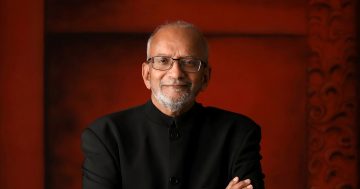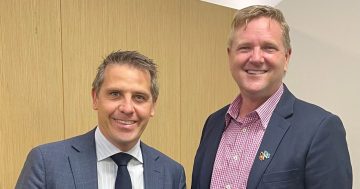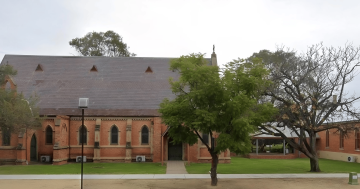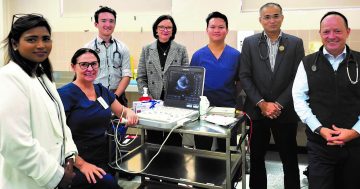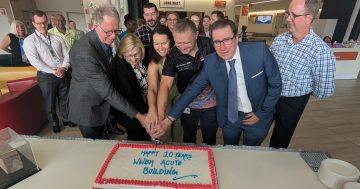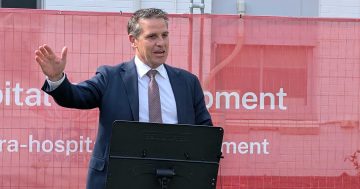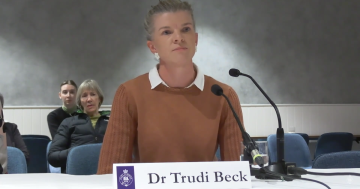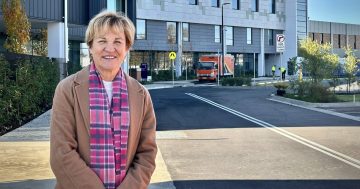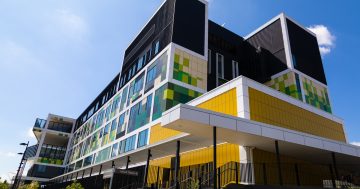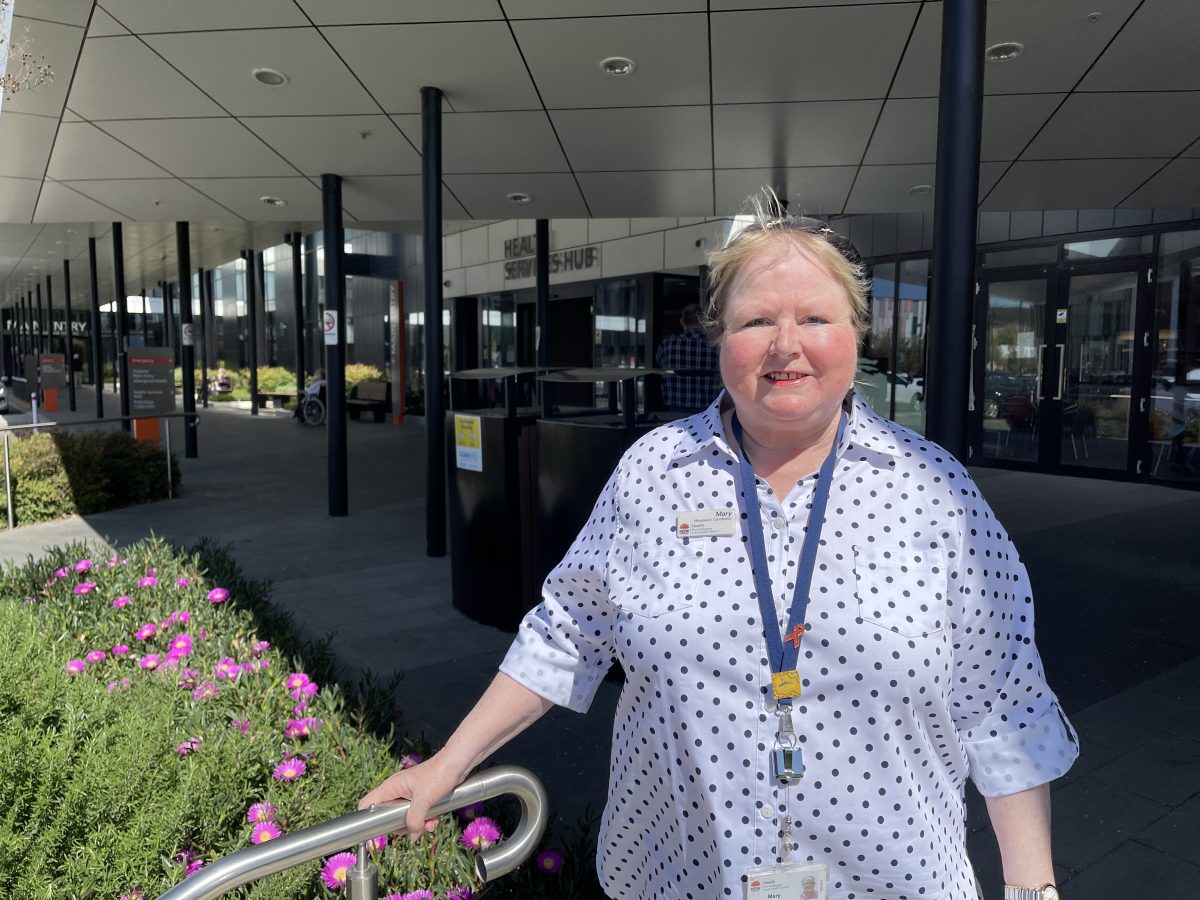
MLHD menopause coordinator Mary Bartusek said the new Murrumbidgee-based service would mean women in the district would not have to travel to Sydney or beyond to address complex symptoms. Photo: MLHD.
A new menopause referral site has officially opened in Wagga Wagga following many community requests for a hub to be available within the Murrumbidgee Local Health District.
The service is one of four sites of its kind in the state and will provide enhanced support for women experiencing severe or complex symptoms related to menopause.
As a part of this network, the Wagga Wagga-based service is designed to assist women whose symptoms have not responded to previous treatments, or who face additional complications from other medical conditions.
Minister for Regional Health Ryan Park said one in four women endured severe and debilitating menopause symptoms, which contributed to the launch of the Wagga Wagga site.
“The opening of MLHD Menopause Service means improved access to care for those women in this part of regional NSW who need it,” Mr Park said.
“This service has the potential to be life-changing for women in the community who require access.”
General practitioners, specialists and nurse practitioners can refer eligible women for advanced care. They can also contact the service directly by emailing [email protected].
State Member for Wagga Wagga Dr Joe McGirr said the service was long overdue for the Murrumbidgee region and he was glad to see the site open.
“I’m glad to see this service is now available in Wagga Wagga and the wider Murrumbidgee region,” he said.
”It will make a big difference in the lives of many women in the region experiencing severe or complex menopause symptoms.
“To have access to the care right here in Wagga Wagga is potentially life-changing for many women in our community who may otherwise have to travel long distances to receive care.”
MLHD’s Menopause Service is linked to the South Western Sydney LHD Menopause Hub, which means women can access a comprehensive approach to managing severe menopausal symptoms through a multidisciplinary team of medical specialists and allied health professionals, including women’s health nurses, physiotherapists, dietitians and clinical psychologists.
MLHD menopause coordinator Mary Bartusek said the service would ensure that women of all backgrounds and diversity could access the specialised services provided by the site to address more patients with complicated symptoms.
“This is an inclusive service which includes all women who may experience health inequities,” she said.
“For example, women who identify as Aboriginal or Torres Strait Islander, women from a non-English-speaking background, women with a disability, women who are victims of family and/or domestic violence, and women living in rural and remote areas of the local health district.”







